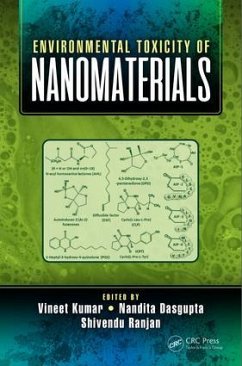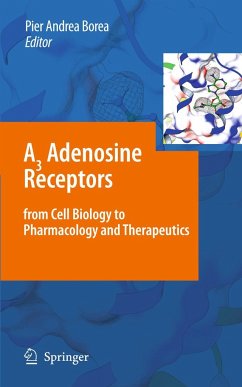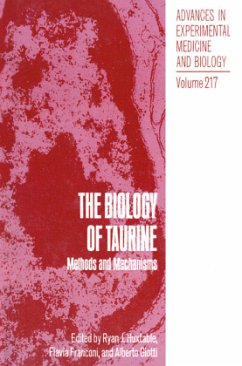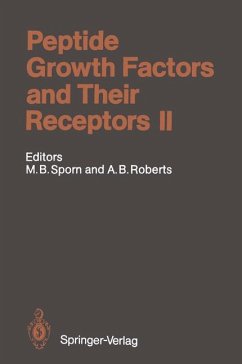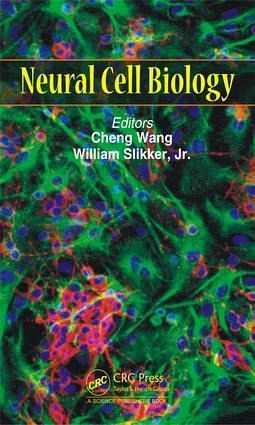
Neural Cell Biology
Versandkostenfrei!
Versandfertig in 1-2 Wochen
254,99 €
inkl. MwSt.
Weitere Ausgaben:

PAYBACK Punkte
127 °P sammeln!
This book delineates how systems biology, pharmacogenomic, and behavioral approaches, as applied to neurodevelopmental toxicology, provide a structure to arrange information in a biological model. The text reviews and discusses approaches that can be used as effective tools to dissect mechanisms underlying pharmacological and toxicological phenomena associated with the exposure to drugs or environmental toxicants during development.





